A DECADE OF DARKNESS
THE STORY OF SEDITION IN INDIA
More than 13,000 Indians, trapped by a colonial law, are suspended in a legal blackhole. Who are they? Why do they face prison sentences for things they have said or done under a law that most democratic countries have abolished? How do the State and the courts use this archaic law? Explore India’s first public, empirical and investigative repository on the use of sedition.
THE PEOPLE
More than 800 sedition cases have been filed against 13,000 Indians since 2010.
To view data, click on a state.
0 known
0 known
0 known
0 known
0 known
0 known
0 known
0 known
9 known
1 known
20 known
19 known
3 known
79 known
10 known
148 known
1 known
1 known
31 known
36 known
103 known
29 known
31 known
26 known
218 known
56 known
694 known
54 known
108 known
176 known
1 known
15 known
222 known
521 known
12 known
32 known
288 known
THE STATE
The Supreme Court upheld the constitutionality of sedition in 1962, stressing it could be invoked only against those who incite or intend to incite violence. But governments have used the law to suppress dissent, protest movements and criticism of policies and politicians.
SEDITION PATTERNS
Explore trends in sedition cases. Click on a trend to find number of people accused and cases filed. Use the ADVANCED panel to refine results or plot your own patterns.
